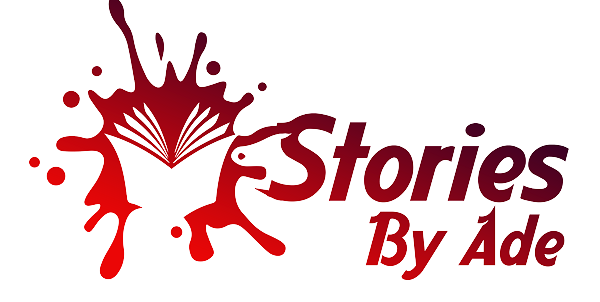—
In this interview with JULIANA AJAYI, the Publisher of Nigerian FLIGHTDECK, Anthony Omoh shares his experience in the Nigerian newsroom as well as tips for young and aspiring journalists.
How would you best describe yourself to our readers?
Hello! In truth, I honestly don’t know how to actually describe myself because I am a lot of things. Writer, artist, thinker, and idealist in certain aspects.
Can you walk us through your career journey?
My career is simple. I started out learning the tricks of the trade at the sub editing desk of Pointer Newspapers in Asaba Delta State. What started as industrial training became much more. I ended up staying. Back then, it was all done manually, and you had to take your time to get it right. Monday Nwagu was the news editor then, and there I learned a whole lot, especially about the workings of the newsroom. Eventually, I went back to complete my education; after that, I returned to Lagos and started looking for a job. I had interviews at Vanguard, The Guardian, and then Champion Newspapers.
While waiting, Champion invited me for an interview, in which I passed and was employed. The first month, I was in the newsroom proofreading copies and being sent where the editor wanted. Then, I wrote sports for a while before I was redeployed to Sunday Editor. Under the mentorship of Pastor Luke Okoro, who had a key role in developing other parts of my skills to make me better, Working at Sunday Champion had its moments, and because we were few, my skills as a sub-editor helped out. I was later redeployed to aviation, and that was when I decided to specialize in business science writing because aviation is both business-oriented and highly technical.
After years, as the paper started declining in sales, quality, and relevance, I decided it was time to embrace the new media. I opened my aviation news and travel magazine, Nigerian FLIGHTDECK, in 2011. Until I left Champion in 2015, it was just a pet project. It took off as a registered entity after 2015.
In recent times, some have claimed that journalism is not a career one stumbles upon or goes into unprepared. What’s your take on this?
Well, that is now quite arguable these days, especially with the advent of social media, where all people need is a smart phone and some smart apps. The mistake of conventional journalism is to assume everything lasts forever, but citizen journalism has put paid to that theory, and now old ideas are embracing new ways to catch up with the savvy tech generation.
Your question can hold true in a society with structure and laid-down rules that are followed; however, Nigeria is not such a place. It’s a space where you see opportunity and take it prepared or not. The old values of training are done; newspapers hardly ever take IT students to train; the few that do hardly train them, and so Nigeria happened to journalism.
ALSO READ Education is underrated in Nigeria – Ogidiaka
Do you think the style of journalism practiced in Nigeria is a disadvantage in any form?
Currently, in this era where you peddle and insist on lies, enough people take it as truth. Journalism seems to be about who plays the piper because even the newspaper houses are indebted to staff, and you cannot demand the truth with an empty stomach. You cannot go and investigate when you are not paid, not to mention being insured. The profession has changed, and not for the better.
Every year, thousands of students flock to universities to study mass communication, with the majority hoping to become good journalists. What are those things they think they know, but in reality and practice are not known to them?
Everything they know, they have to unlearn to learn new things. Because the field and the classroom are poles apart. The high unemployment rate in the country does not help matters either.
What has helped you have that admirable experience in this field?
A positive outlook and a knack to continue learning new things every time—that’s all I can truly say.
How best do you think a journalist can balance his home and career?
Ahhhh!!! In truth, there is no ‘correct way’ to balance out your life as a journalist with your personal life. Depending on what you’re covering, journalism is your personal life.
What is the highest goal a journalist can aspire to achieve in their career?
Hahaha, remove a president from office with the right story (laughs). Look, journalism is a service, and although it has been bastardized, it is still a service. So to me, the goal is to ensure the brand of journalism you practice is developmental and impactful enough to bring about positive change.



